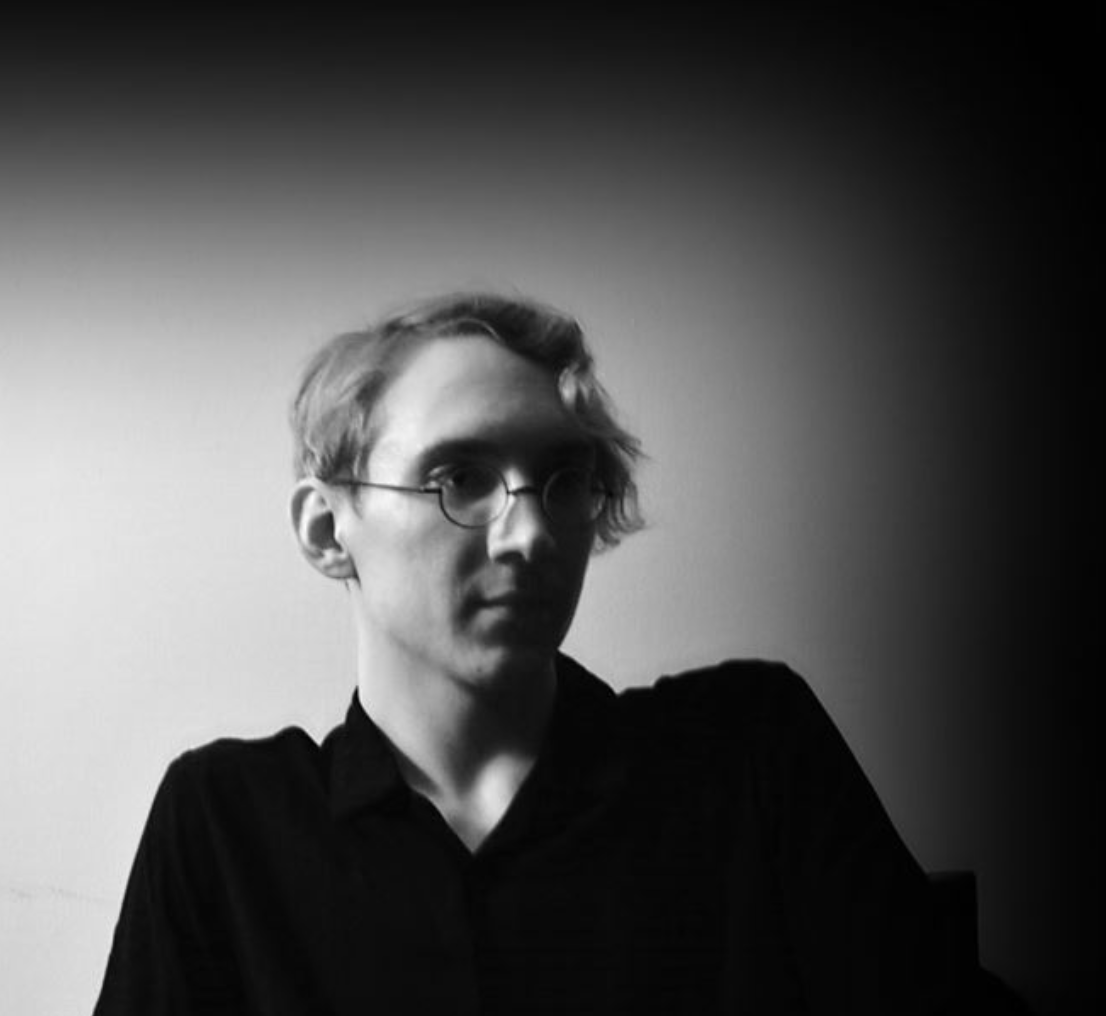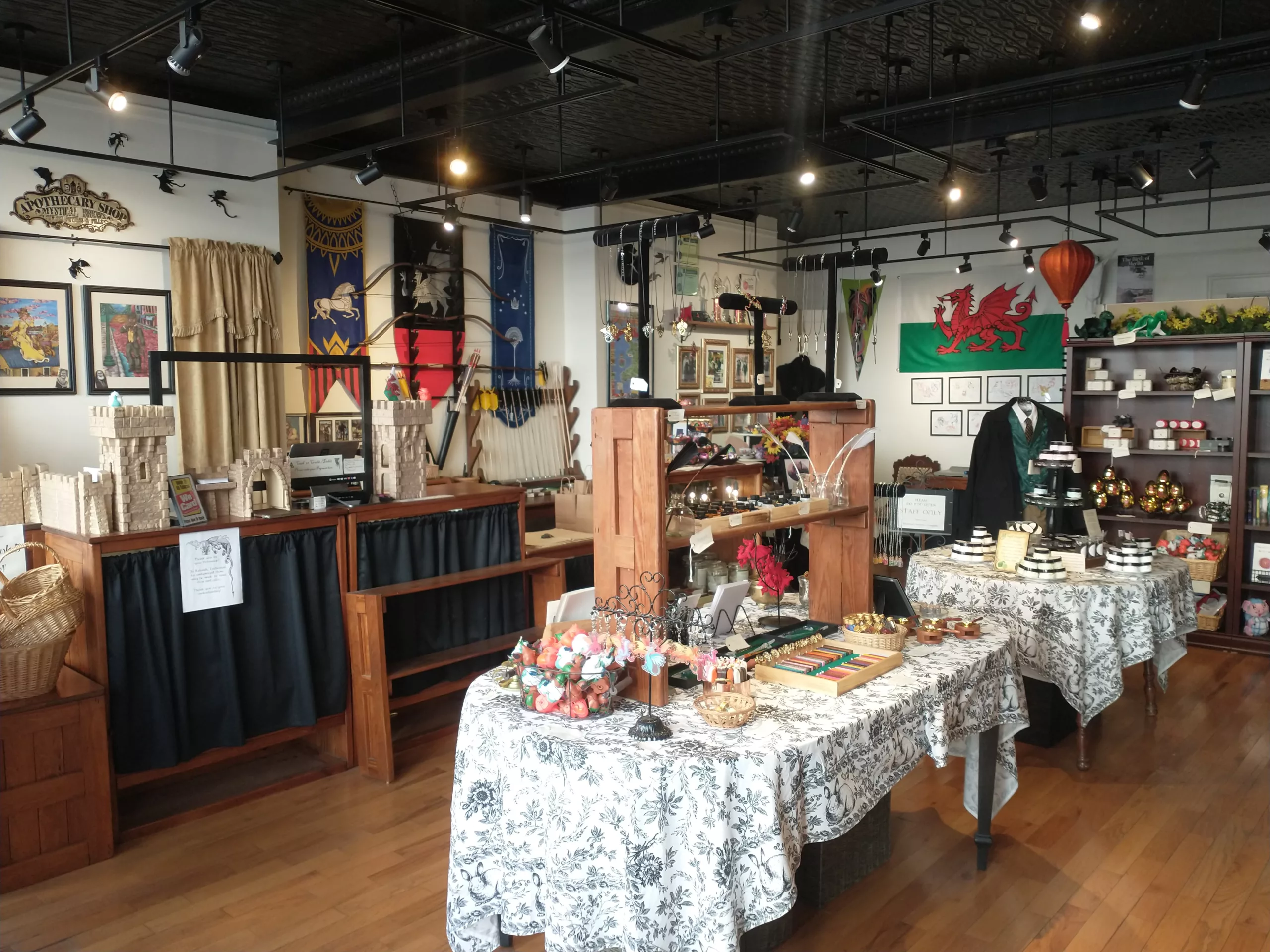An interview with bestselling, local author S. A. Cosby.

S.A. Cosby is the author of the New York Times bestseller Razorblade Tears and Blacktop Wasteland, which won the Los Angeles Times Book Prize, was a New York Times Notable Book. His works discuss race, class, and sex. When not writing, he is an avid hiker and chess player.
Konstantin Rega: So you were born in the country near Gloucester, Virginia?
S. A. Cosby: Yes, I was born and raised in Mathews County, right next to Gloucester, where I’m currently living, so I haven’t traveled that far from home. [laughing] I grew up climbing Magnolia trees and drinking moonshine, so Virginia is my heart and home. I love traveling, but I could never see myself living in the city. At the end of the day when I lay my head down, I want to hear crickets and cicadas.
How did you get started with writing?
I always wanted to be a writer. When I was a little kid, my mom used to tell me that I would complain about the plot holes in fairy tales. I was very inquisitive about the narrative structures. When I was 8 or 9 and still complaining, she said, Just write your own stories. So I did.
It was a dream deferred for a long time. I took some courses in college and online, writing for about 15 years. In 2017, I sold my first book, My Darkest Prayer, to a small publishing firm. To promote the book I went to a Mystery Writers Conference in Florida, where I joined a panel discussion with Ace Atkins and Alex Segura. Afterwards, Josh Getzler, a literary agent, tapped me on the shoulder and asked me to send my next book to him. Well, he sold that book and it changed my life. It always cracks me up that I have the same publisher as Oprah and Jamie Oliver.
With your work, do you feel like you’re following in a heritage of Southern literature?
Yes and no. I’m Southern through and through. 48 years old, but a country boy at heart. At the same time, though, my perspective is different from a lot of other great writers. Southern fiction is like a big church. One pew is Faulkner and Flannery O’Connor, another is Harry Crews and Charles Willeford, and on another is Ernest J. Gaines, and I’m way, way in the back. [laughing]
The South is a beautiful tapestry of multicultural experiences. It is the whole of America. For me, I think it’s important to articulate my perspective, my little corner of Virginia. Where I grew up, how I grew up. The cacophony of voices creates better stories.
How was it like growing up in a rural area?
If you’re poor in the country and you don’t have a car, you’re gonna get real good at hiking, at thumbing a ride. For me, it’s important to tell that aspect of the story and how you persevere through that. Survive or die. When we were kids my mom would take us to yard sales, she would try to make us buy clothes there which I hated. But you can buy like 6 books for a dollar. So, I read everything. From Faulkner to a biography of Peter the Great.
Well, you can’t pour from an empty cup. And your own background informs the setting for both novels.
Exactly. There is a real visceral-ness to rural writing, I think. A sense of desperation informs my writing. Now I’m just speaking for myself. I was frustrated with the culture of the bible belt about issues of identity. A friend of mine said: If your gay in the South and you can cook or do hair, nobody bothers you. It’s when you try to step out of those stereotypical positions that it becomes a problem. I grew up in a typical masculine environment. For me, it was an exploration of what masculinity is or can be in a rural space. In Razorblade Tears, Ike and Buddy Lee are stand-ins for the men I grew up around. I wanted to force this conversation about regret and redemption as they try to avenge their dead sons. Through death, these characters reevaluate their positions.
What do you set out to do in your books?
Well, first and foremost I want to tell a good story. There are a lot of things and issues I want to talk about, but no one wants a 300-page sermon. I tend to write about dangerous, broken men and that brings readers through the door. I want to make you laugh and cry. You don’t need to identify with a character, but I want you to care about them.
I love examining society through the prism of a crime novel. Every book could almost be considered a crime novel, even Jane Smiley’s A Thousand Acres (where someone almost gets poisoned by a cake). To me, Crime fiction is the original American novel. The idea of American exceptionalism and Manifest Destiny (the Cowboy Ideal). Someone once told me that literary fiction is 300-pages of people talking about something, and crime fiction is people doing something to avoid talking about it. Cormac McCarthy is the best person I’ve seen doing both.
Are you working on anything next?
I’m currently working on a Southern Gothic murder mystery. “All the Sinners Bleed” is the tentative title. I actually had to buy a dry erase board and plan stuff out. Usually, I just write stream-of-consciousness. That should be coming out next year. Because I grew up admiring writers from here, it’s an honor to be part of that pantheon.
From where I came from to where I’m at was a journey I didn’t think I could make. So I just appreciate everyone who has taken the time to pick up one of my books. That’s something about living in a small town. Almost everyone unequivocally is supportive. I go to Walmart and people will say, Hey when’s your next book coming out? Or in a local restaurant, someone will buy me a dessert. It’s just been an incredible experience.
Buy a copy of Razorblade Tears and Blacktop Wasteland








